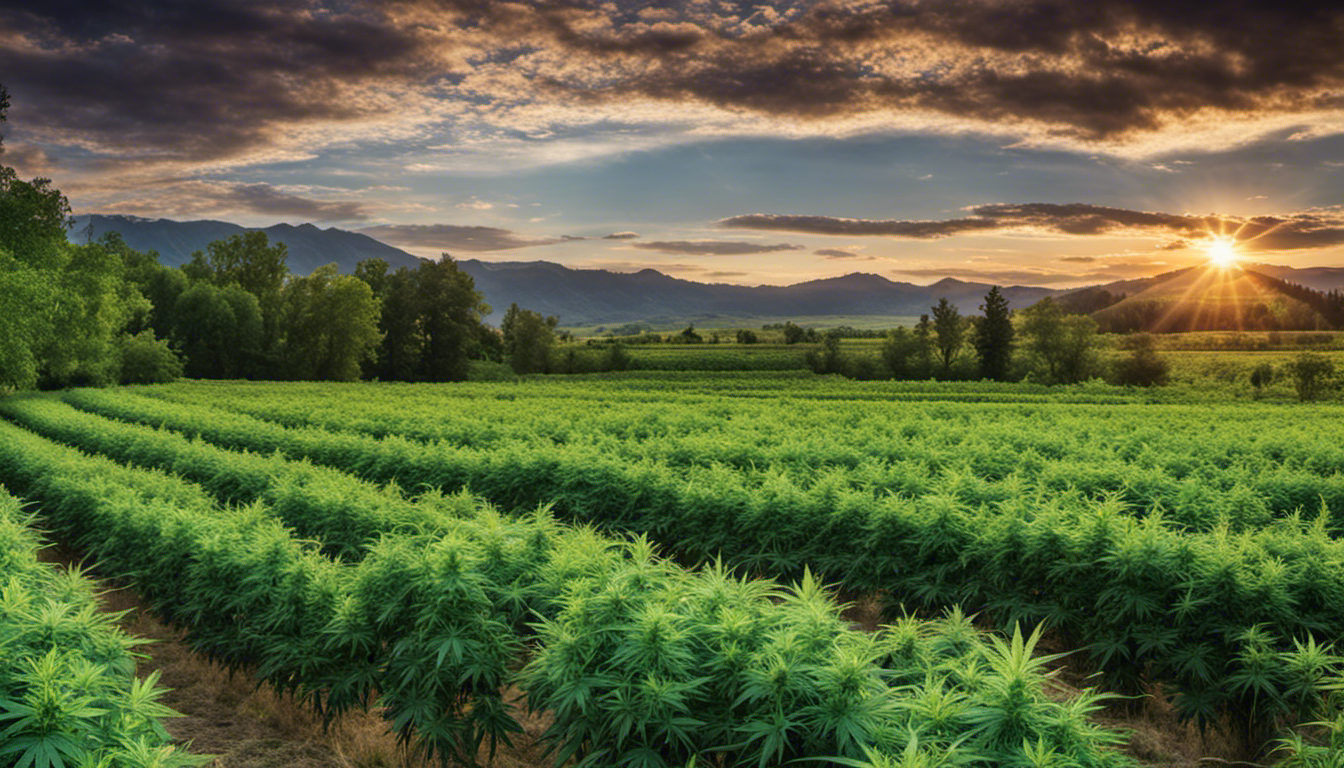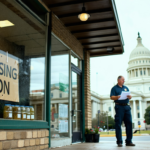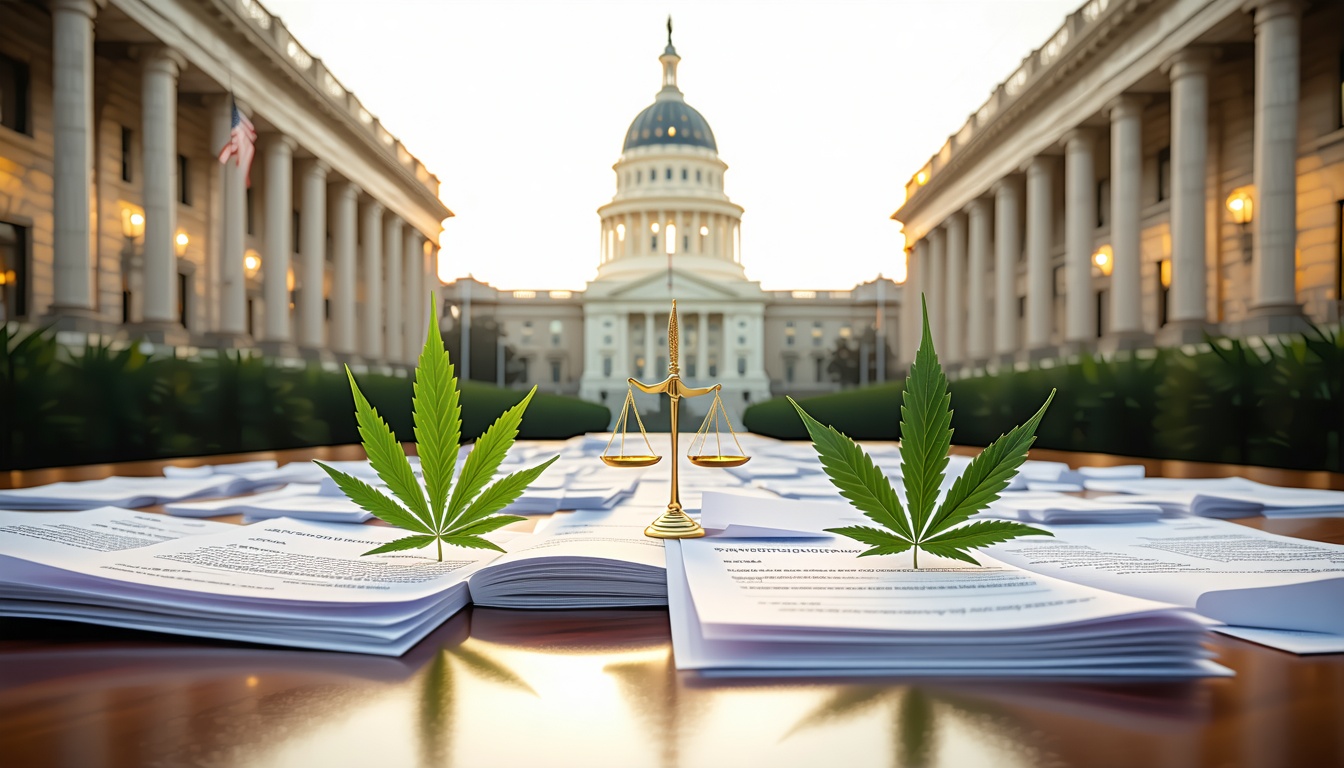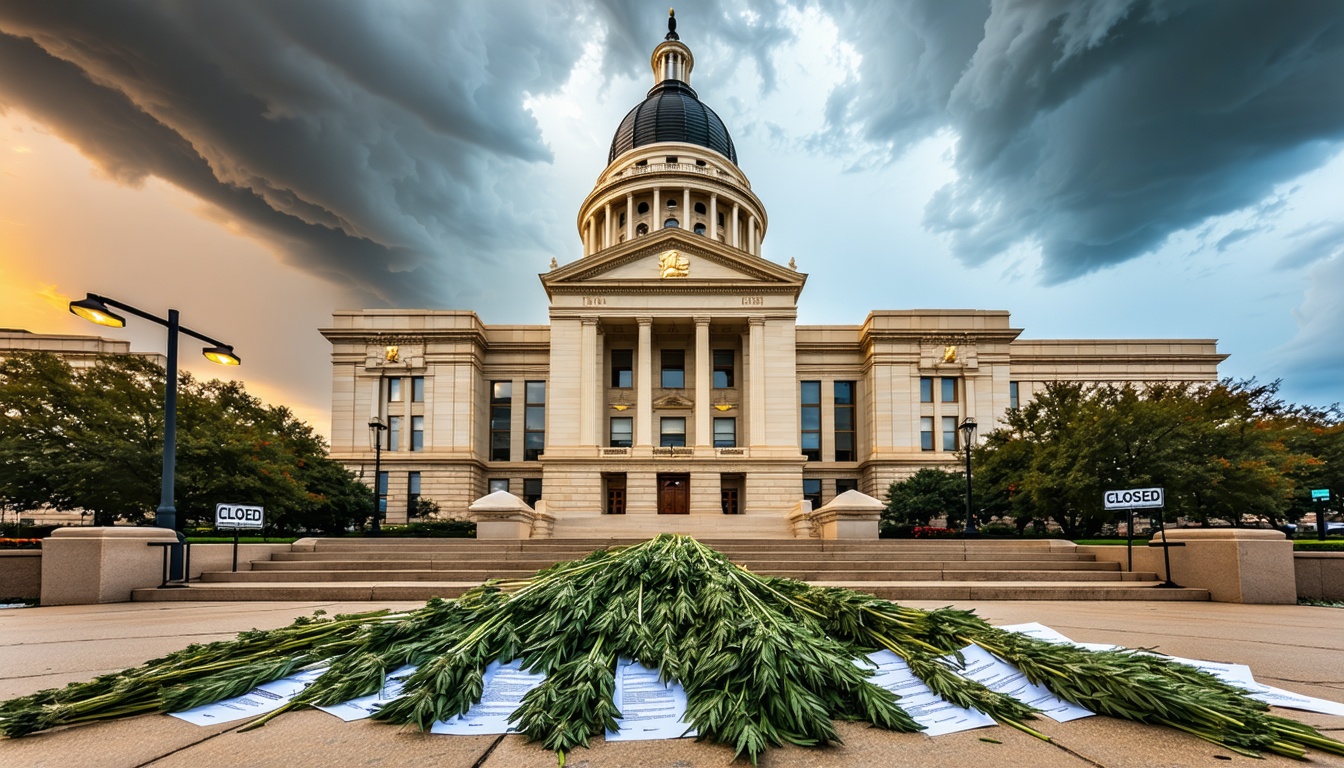Cannabis and Hemp Industries Seek Harmony Amid Regulatory Uncertainty
As the cannabis and hemp industries continue to evolve, entrepreneurs in both sectors are calling for a more stable regulatory environment. Despite headlines suggesting a rivalry between the two, many executives believe that both industries can coexist and even benefit from each other.
Art Massolo, vice president of business development at Cycling Frog, and Adam Terry, CEO of Cantrip, have been fighting for their right to sell hemp-derived THC goods and against state-level bans. They recently joined a lawsuit against New Jersey after the governor signed a law banning out-of-state intoxicating hemp products. Cycling Frog was also part of a similar legal action in New York.
However, Massolo and Terry are hopeful that the enmity between the two industries is starting to dissipate. Many traditional marijuana companies are now entering the hemp market, including Tilray Brands, Curaleaf, Wana Brands, Cookies, and Green Thumb Industries.
“We’re just trying to figure out how to get the marijuana industry and the hemp industry to get closer and closer, because we’re the same freaking plant,” Massolo said. “And that’s what really bothers us. We’re selling the exact same molecule, whether it’s in a dispensary or whether it’s in Total Wines and more.”
The key to moving forward, according to Massolo and Terry, is education of policymakers at all levels of government. They believe that the next federal Farm Bill, which is expected to be approved next year, could be a turning point in establishing a more harmonious regulatory environment.
However, there is a danger that a proposed amendment to the Farm Bill could prohibit intoxicating hemp-based cannabinoids. Massolo warned that if this amendment is adopted, it could “push through” and eliminate the hemp industry overnight.
Despite the challenges, Terry believes that the intoxicating hemp sector will continue to surge due to consumer demand. He predicts that state lawmakers will have to adjust to this reality under federal law.
“Their constituents are going to demand it to some extent, because they like these products. They like that they can find them in local liquor stores,” Terry said. “We’re going to have to figure out some sort of basic infrastructure to underlie everything. And then in the long arc of history, I believe these are going to be sold everywhere in the United States.”
The path forward may include more state-level legal battles, but Massolo and Terry believe they have a winning legal argument that the 2018 Farm Bill will prevail over state-level bans.












